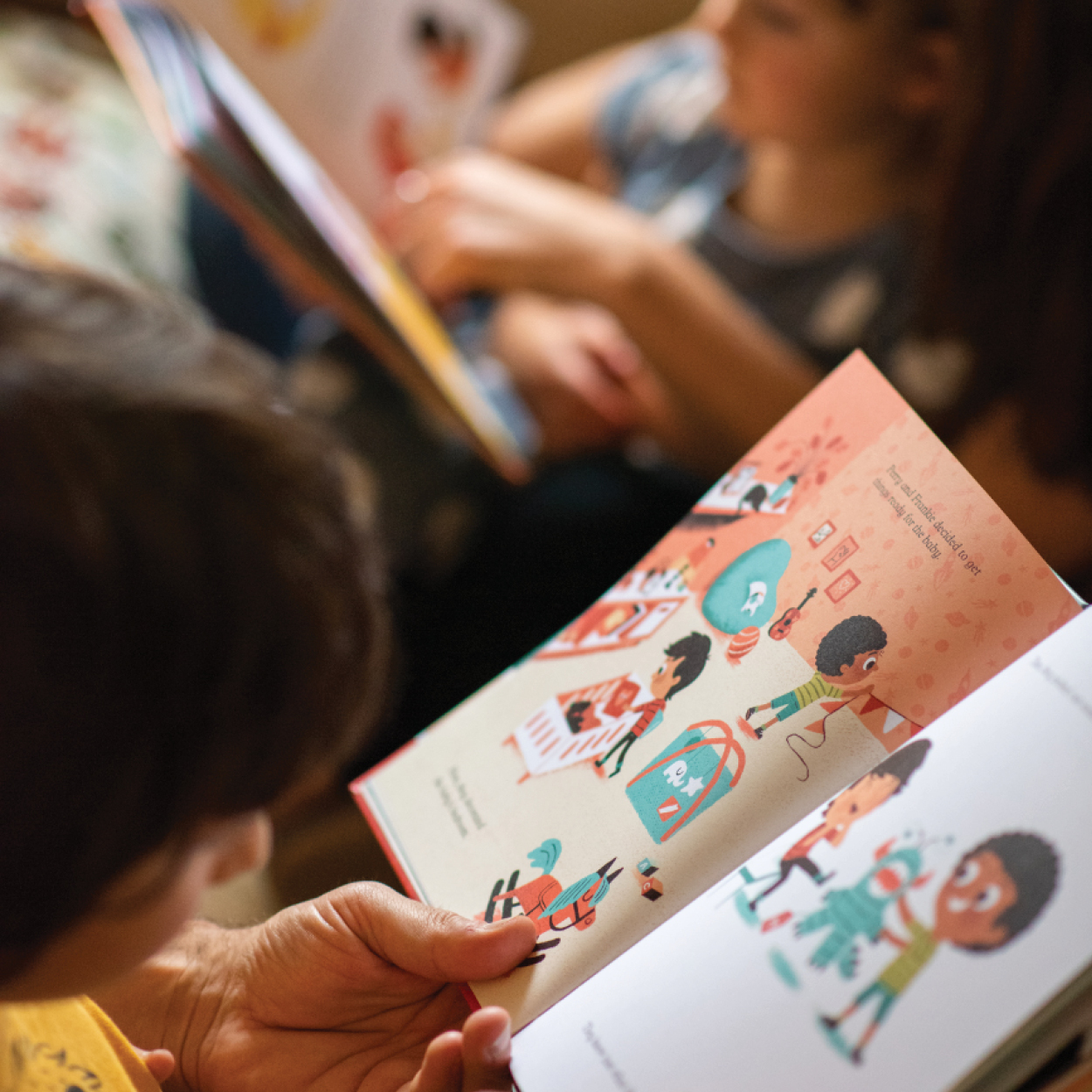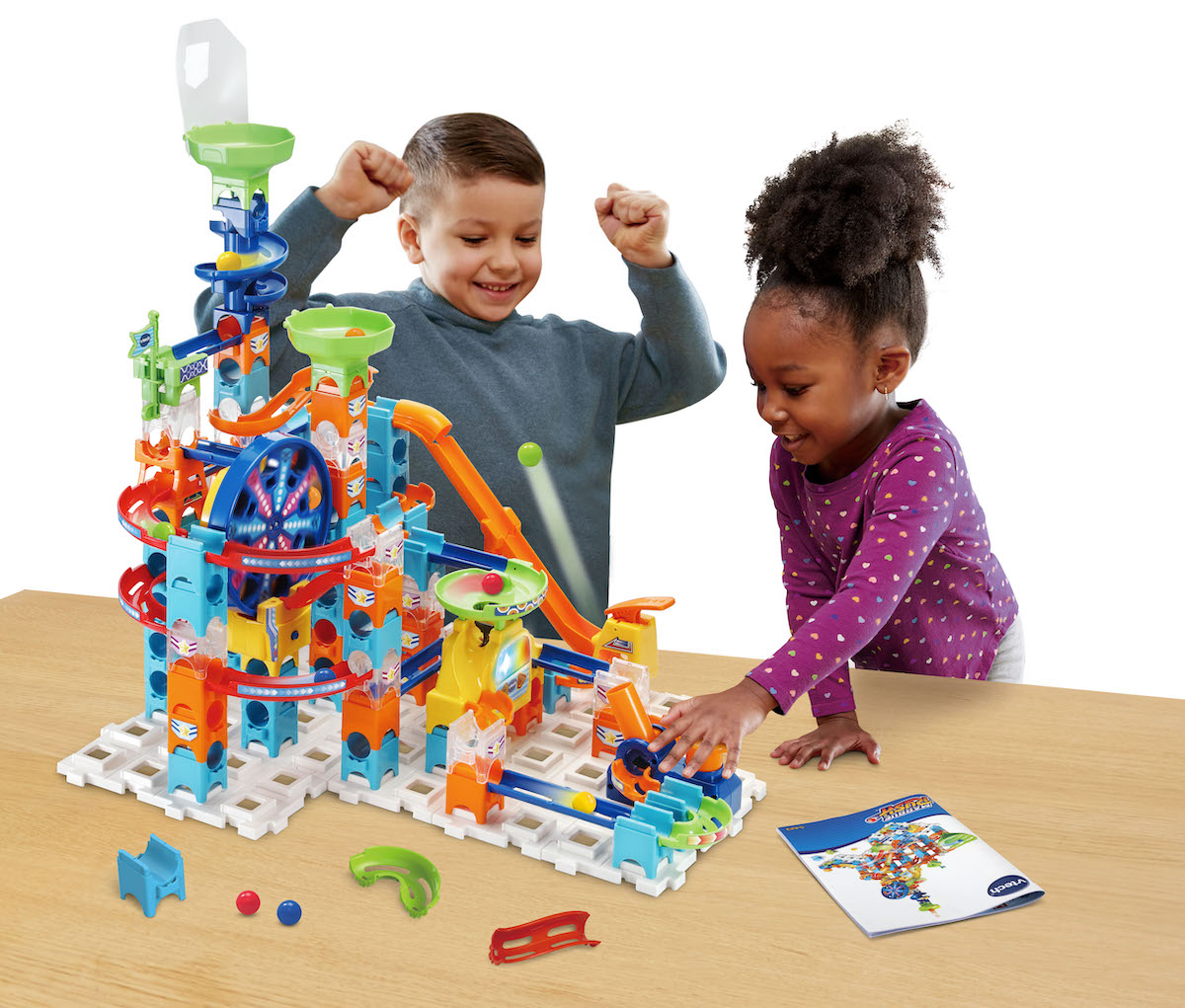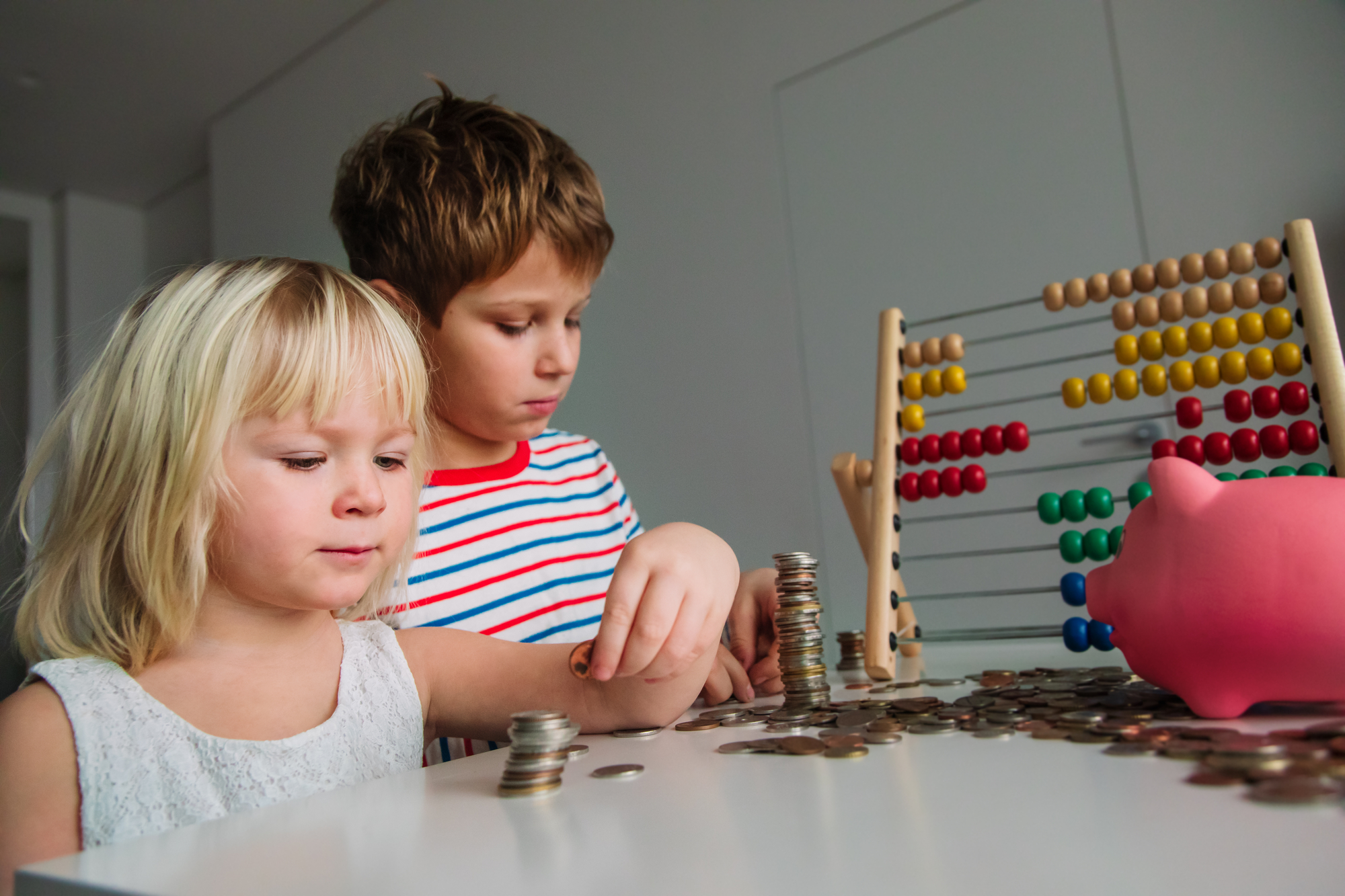By James Burnett of ORIGO Education
With an increasing number of us parents trying to help our children continue their education at the dining table, it’s only natural that tensions and anxiety will often run high as we try our hand at teaching. After all, we are used to professional teachers taking on this important task! How are we supposed to know what to do?
Teaching our kids at home is certainly a challenge, but it’s not an insurmountable problem – given the right approach and the right tools.
Since creating the likes of GO Maths and Stepping Stones mathematics workbooks for Australian schools, and now our new free online resource ORIGO At Home, I have accumulated my fair share of tips to help parents support their children in mathematics education, especially in concentrated doses like we are all experiencing in these unusual times.
When you next sit down to help your child to learn maths, try to keep the following pointers in mind.
-
Do not try to teach maths to your children like you were taught
Today’s approach to teaching mathematics fosters a genuine understanding of mathematics. The old-fashioned approach relied on memorisation of procedures, which we, when growing up, often did not understand. For example, today’s teachers will help children calculate in their heads. So, avoid anxiety and confusion by showing them written methods that you learned as a child. And let’s face it. Who uses long division these days!
-
Be positive and foster their ability to ‘do’ mathematics
Praise your children with phrases such as, ‘I like how you worked that out!’ and, ‘that is very good thinking!’ This is often the reception that your child might receive within the classroom so it is important to mimic those behaviours and rewards even in the home environment.
-
Be a role model and foster a home environment that values mathematics
Negative attitudes that we express in front of our children are likely to catch on. Make sure you keep positive around the subject and encourage your child to see it as a fun activity, even if you don’t necessarily see it that way yourself. Say things such as, “I liked working with numbers,” as opposed to, “I was never any good at mathematics.”
Encouraging them to use their own language to describe mathematical situations can also be a great way for them to learn without even being aware.
-
Head outside with maths
Get your child’s thinking cap on by taking them outside the house at least once a week, and have them solving problems, communicating, reasoning, and understanding the mathematics they are learning. For example, if your child is in year 4, ask them to record the different types of vehicles that pass your house over a 10-minute period, or you might record the types and number of different animals they find outside. Afterwards, have your child share their results and identify the number of wheels for each type of vehicle or the total number of legs for each animal.
-
Play maths-based games
Games are a great place to start when making mathematics enjoyable for young learners. For example, dominoes are perfect for young learners. They offer multiple opportunities to count and match quantities, and with the right questions you can also get them adding or finding the difference between two quantities. Older learners can play games such as Uno or Five Crowns that require them to count scores at the end. Check out this short free video (from Gemstoneselementarymath) that helps children calculate totals.
Our team has developed ORIGO at Home, a free online space to provide guidance and instruction for continuing maths learning at home. In this space, you will find resources and activities to help provide engaging mathematical thinking and practice for your primary school age students. Visit origioeducation.com.au to access ORIGO at Home.
And remember, it is important to use everyday language to teach key mathematical concepts rather than relying on the student’s ability to memorise rules.
To view on YouTube:
You may also like to read:









